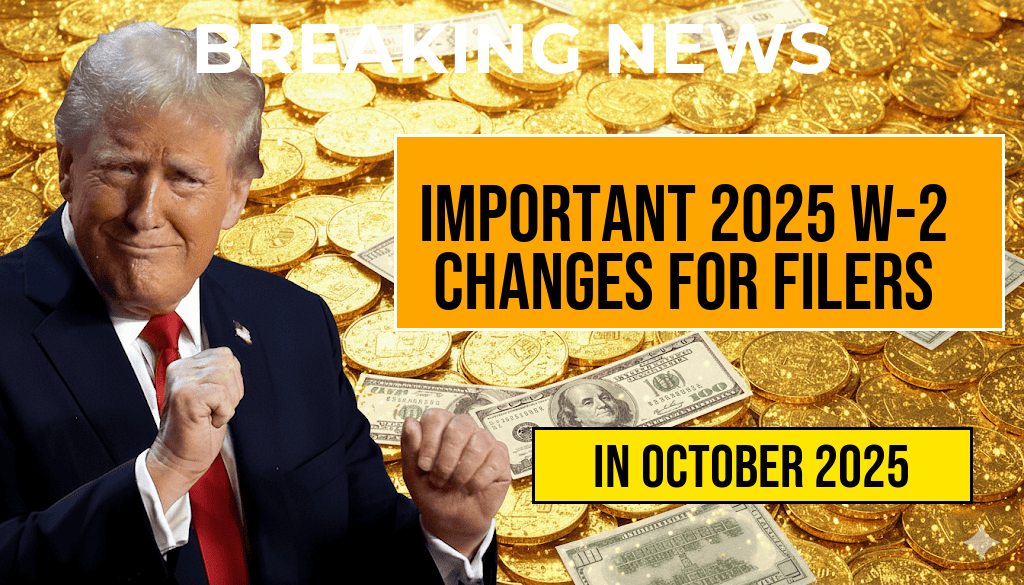Employers in Washington, D.C., are grappling with a significant wage policy dilemma as the city implements a minimum wage of $17.95 per hour. However, the introduction of a tip credit system complicates the landscape for businesses, particularly in the hospitality sector. Under this framework, employers can pay tipped employees a base wage lower than the minimum hourly rate, provided that their tips make up the difference. This creates a compelling yet confusing situation for many employers and employees alike, who must navigate the intricacies of wage laws that can lead to misunderstandings and potential legal disputes.
Understanding the Tip Credit System
The tip credit system allows employers to pay a lower base wage to employees who receive tips, such as servers and bartenders. In Washington, D.C., the current regulations stipulate that employers can pay tipped workers a minimum of $5.35 per hour, as long as their total earnings—including tips—meet or exceed the new minimum wage of $17.95. This approach is designed to support both the hospitality industry and workers who rely on tips as a significant portion of their income.
Calculating the Total Compensation
To illustrate how the tip credit functions, consider the following breakdown:
| Base Hourly Wage | Estimated Tips | Total Hourly Compensation |
|---|---|---|
| $5.35 | $12.60 | $17.95 |
In this example, a tipped employee receiving a base pay of $5.35 per hour and earning approximately $12.60 in tips would meet the minimum wage requirement. However, if the worker’s tips fall short, the employer is responsible for making up the difference to ensure the total compensation equals $17.95.
Challenges for Employers
While the tip credit system offers flexibility, it also presents challenges for employers. Many businesses are unsure of how to implement the system correctly, leading to potential wage theft claims. Miscalculations in tip reporting or failing to ensure that employees receive the minimum wage can result in significant penalties. Furthermore, as the minimum wage increases, the pressure on employers to accurately manage wages and tips becomes even more pronounced.
Legal Implications
Employers must understand the legal ramifications of not complying with D.C.’s wage laws. The D.C. Department of Employment Services (DOES) enforces these regulations and can impose fines or require back pay for employees who have been underpaid. According to a report by the U.S. Department of Labor, businesses should maintain meticulous records of hours worked and tips received to avoid disputes.
Impact on Employees
The shift to a higher minimum wage with a tip credit system can have mixed effects on employees. Some workers may benefit from the increased base wage, while others might find their earnings fluctuating based on customer tipping behavior. Employees in the hospitality industry often face uncertainty, especially during economic downturns when discretionary spending decreases.
- Increased Wages: The higher base wage can provide a more stable income.
- Variability: Earnings can vary significantly based on tips, leading to financial instability.
- Awareness: Workers must be informed about their rights and the tip credit system.
The Future of Wage Policies in D.C.
As Washington, D.C. continues to explore wage policies, the conversation around the tip credit system is likely to evolve. Advocates for workers’ rights argue for a complete elimination of the tip credit, pushing for a system where all employees receive the full minimum wage without relying on tips. This could lead to a more equitable compensation structure within the hospitality industry and beyond.
Employers, on the other hand, stress the importance of maintaining the tip credit for the survival of many small businesses. As the debate continues, stakeholders from various sectors will need to come together to find common ground that supports both workers and the local economy.
For more information on wage laws and regulations in Washington, D.C., visit the D.C. Department of Employment Services.
Frequently Asked Questions
What is the $0 difference between the tip credit and the minimum wage in D.C.?
The $0 difference refers to the fact that in Washington D.C., employers must ensure that tipped employees earn at least the $17.95 minimum wage. This means that even if employers utilize a tip credit, they still have to compensate employees to meet this minimum wage requirement.
How does the tip credit work in relation to the minimum wage?
The tip credit allows employers to pay a lower base wage to tipped employees, as long as their total earnings (base wage plus tips) meet the $17.95 minimum wage. In D.C., this means that employers must be diligent in tracking tips to ensure compliance with the minimum wage law.
What happens if an employer fails to meet the minimum wage requirement?
If an employer fails to meet the $17.95 minimum wage requirement, they can face legal consequences, including fines and penalties. Tipped employees may also have the right to claim back pay for the difference between what they were paid and the minimum wage.
Are all employers in D.C. required to comply with the minimum wage and tip credit laws?
Yes, all employers in Washington D.C. must comply with the minimum wage and tip credit laws, regardless of the industry. This includes restaurants, bars, and any other establishments that employ tipped workers.
How can employees ensure they are being paid correctly under these laws?
Employees can ensure they are being paid correctly by keeping detailed records of their tips and wages. They should regularly check their pay stubs against the $17.95 minimum wage to confirm they are receiving appropriate compensation, and report any discrepancies to their employer or labor authorities.






